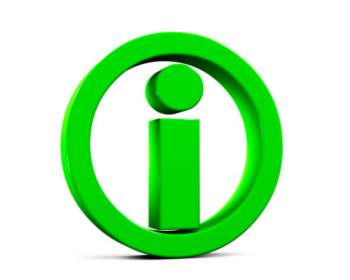
Indiana Vehicle Registration

Indiana vehicle registration laws require that vehicle owners have to register their motor vehicle with the Indiana Bureau of Motor Vehicles prior to taking the vehicle on the road. Used and new motor vehicles have to be registered with the Bureau of Motor Vehicles, regardless of whether the vehicles are bought from a dealership or from an individual. Additionally, any new Indiana residents whose vehicles are registered in a different state must have them re-registered in Indiana. The IN vehicle registration has to be done must be done with the Bureau of Motor Vehicles in person, and any new IN registration renewals must be done each year, either online, in person, by mail or by phone.
You are required by Indiana vehicle registration law to properly register and title your vehicle within thirty-one (31) days of the purchase date or date of receiving it as a gift. However, if you were previously a resident of another state and you just moved to Indiana, you have sixty (60) days to change your previous registration to an IN registration where you must properly register and title your vehicle.
Initial Indiana Vehicle Registration
If this is your very first time going through the IN vehicle registration process for your motor vehicle in the state of Indiana, you must complete these steps:
• Get your motor vehicle inspected if you live in Clark, Porter, or Floyd Lake county. These vehicle inspections have to be done either at an inspection station or by an authorized inspector that has been properly licensed by the Indiana Bureau of Motor Vehicles. After the motor vehicle passes the inspection, you will be given an inspection certification to bring to the Bureau of Motor Vehicles.
• If you are a new resident to Indiana, you must provide either the Manufacturer's Certificate of Origin or the current out-of-state title for your IN vehicle registration. If you have recently purchased the motor vehicle, you should also provide the Bill of Sale and the title during the IN registration.
• Bring proof of your Social Security number.
• Go to your local Bureau of Motor Vehicles branch office, and bring your completed title and IN registration form with you with the inspection certification. Additionally, you will have to provide proof of insurance, and the vehicle’s odometer reading, if the motor vehicle is less than ten years old.
• For vehicles that have been previously registered in another state, you will need to bring the original out-of-state title to the Bureau of Motor Vehicles during the IN registration. If this title is unavailable, bring the vehicle’s registration document and proof of sales tax payment.
• For your IN vehicle registration, you can make an appointment online at the Bureau of Motor Vehicles website to register your vehicle. Up to three vehicles can be registered in one appointment.Indiana Vehicle Registration Fees
When completing an IN registration for your vehicle at the Bureau of Motor Vehicles branch office, you will have to pay certain related fees, usually as follows:
• Title application fee of $15.
• Registration fee, which depends on the manufacturer's model year or the total weight of the vehicle. You will also need to pay a 7 percent sales tax if you have purchased the vehicle recently. If you are brand new resident of Indiana who is revising your current vehicle registration, this fee is not needed.
There may be other fees when you complete an IN registration your vehicle, depending on your county and your situation. For example, there are additional fees for getting specialty license plates during the IN vehicle registration process.
Indiana Renewal Registration of your Indiana Vehicle registrationOwners of vehicles in Indiana are required by Indiana vehicle registration law to renew their motor vehicle registration annually, which can be done in person, by mail, by telephone or online.
NEXT: Iowa Vehicle Registration




















